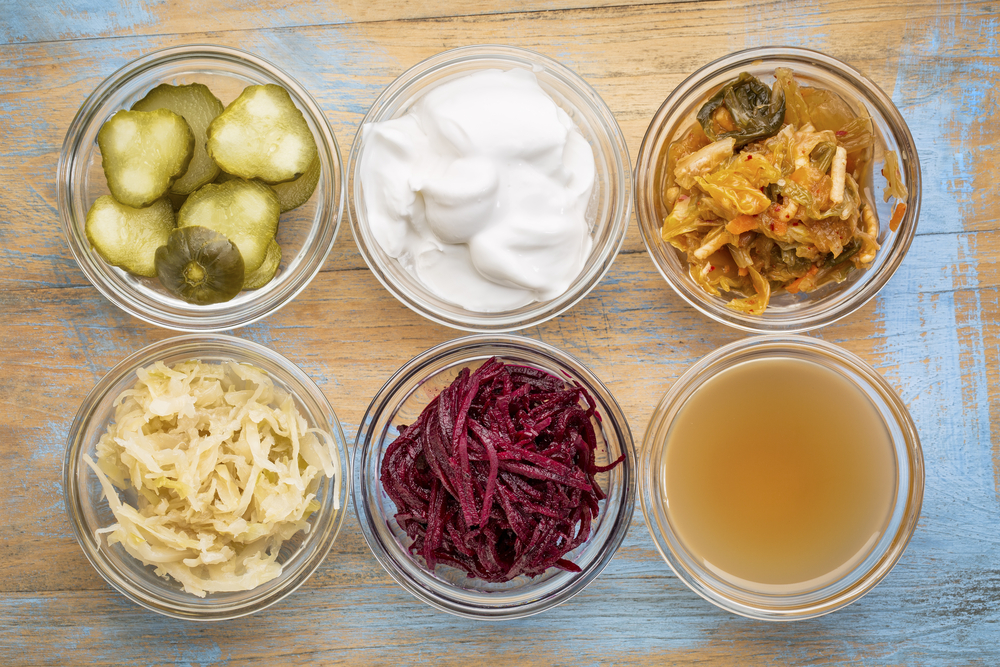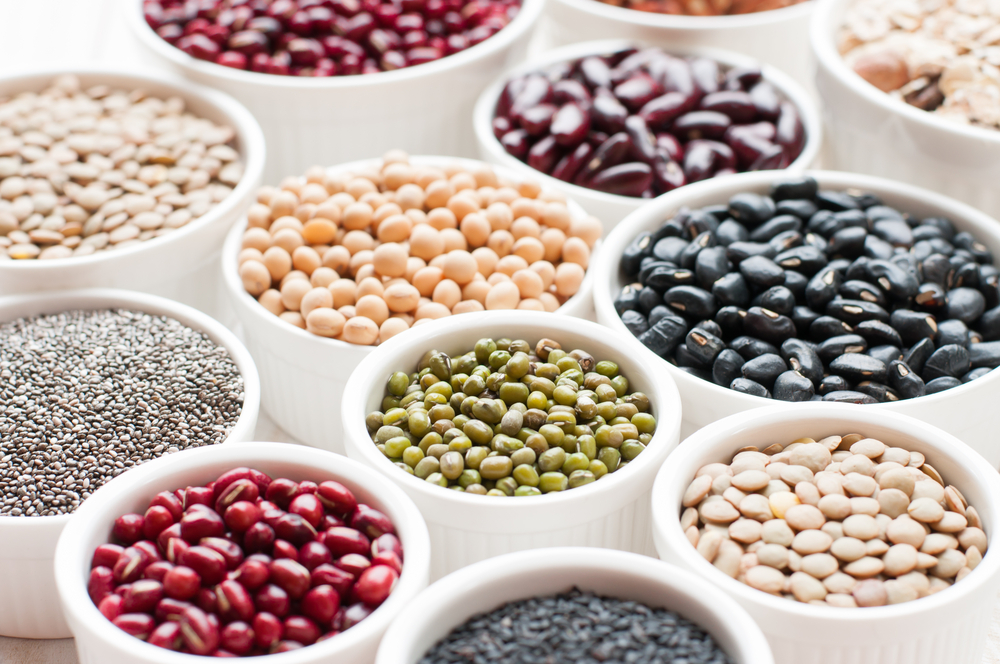Movember in the UK has become a well-known word over the last few years which only goes to prove the importance of the work being undertaken behind the scenes. It is the leading charity changing the face of men’s heath, primarily raising awareness of prostate and testicular cancer as well as mental wellbeing.
Clinical Nutritionist Suzie Sawyer looks at how men can better support themselves nutritionally to help prevent health conditions, improve mental wellbeing and, hopefully, live longer too.
It is not sexist to say that historically, when it comes to health, men don’t tend to look after themselves as well as women which may explain why their average lifespan is about four years less than women’s. Interestingly though, women are much more likely than men to get some of our nasty degenerative diseases such as heart disease, dementia, type 2 diabetes, and osteoporosis. Women tend to look after themselves better nutritionally than men. This may be why they can better prevent these health conditions or have more positive outcomes when faced with them.
Mental Health and digestion
Suicide rates in men are much higher than in women. It’s been speculated that men don’t talk about emotional issues enough, which may be one of the reasons their mental health is often compromised. However, nutrition plays a role in mental wellbeing too.
Specifically, and surprisingly, it’s the gut microbiome where so much of our emotional wellbeing starts. From a nutritional perspective, we call the gut the second brain. It’s also important to understand that most of our happy hormone, serotonin, is produced in the gut. The gut microbiome is like a garden that needs to be fed and nurtured. It loves lots of colourful fruits and vegetables.

Additionally, fermented foods like natural yoghurt provide probiotics, which are also known as our beneficial gut bacteria. Incorporating fruits with some natural yoghurt as part of a daily breakfast can help support digestive health.
Supporting prostate health
Men can get issues with their prostate at a young age but by the time they reach old age, it is likely that they will be having some issues related to prostate health. As with all aspects of health, it’s important to eat a colourful, varied diet with lots of antioxidant-rich fruits and vegetables which help protect the body from disease. However, fermented soya foods such as tempeh, natto and miso offer some special hormone balancing qualities, and to some extent soya milk and yoghurts too.

These foods are rich in isoflavones; beans, lentils and peas also hit the spot. Men should also avoid eating too much processed red meat such as bacon and sausages, so think of the traditional ‘fry-up’ as a treat and not a regular breakfast.
Supporting heart heath with a Mediterranean diet
Men can develop heart disease seven to ten years earlier than women, although it’s still a major health concern for women, especially after the menopause when they lose the protection of oestrogen.
We know from much research that the typical Mediterranean diet is protective of the heart. This includes eating lots of oily fish, whole grains, nuts, seeds and fruits and vegetables. Indeed, one food that is widely eaten in the Mediterranean, is tomatoes. These red beauties are rich in lycopene, which is known to support healthy arteries, reduce cholesterol and aid healthy blood flow. Just making small changes to a diet can really help even if that only means eating one or two average size tomatoes daily.

Lycopene is also available in supplement form, so it might be worth seeking it out. However, just having one or two meals per day with some fresh fruits and vegetables included, could make all the difference to health outcomes and ultimately longevity.















Add comment